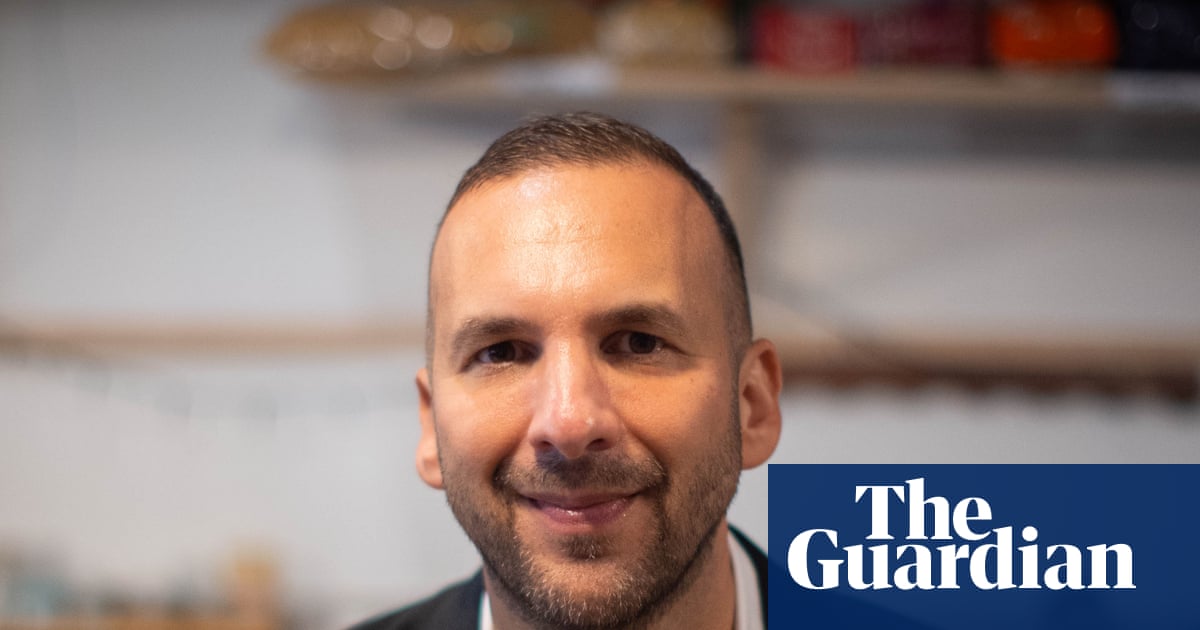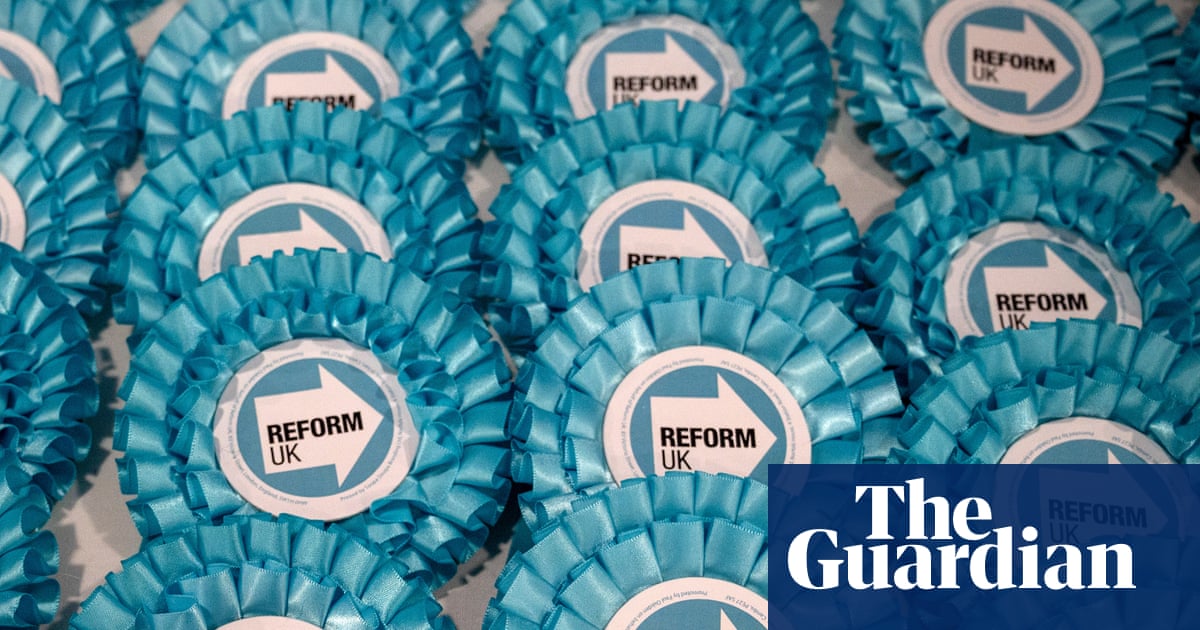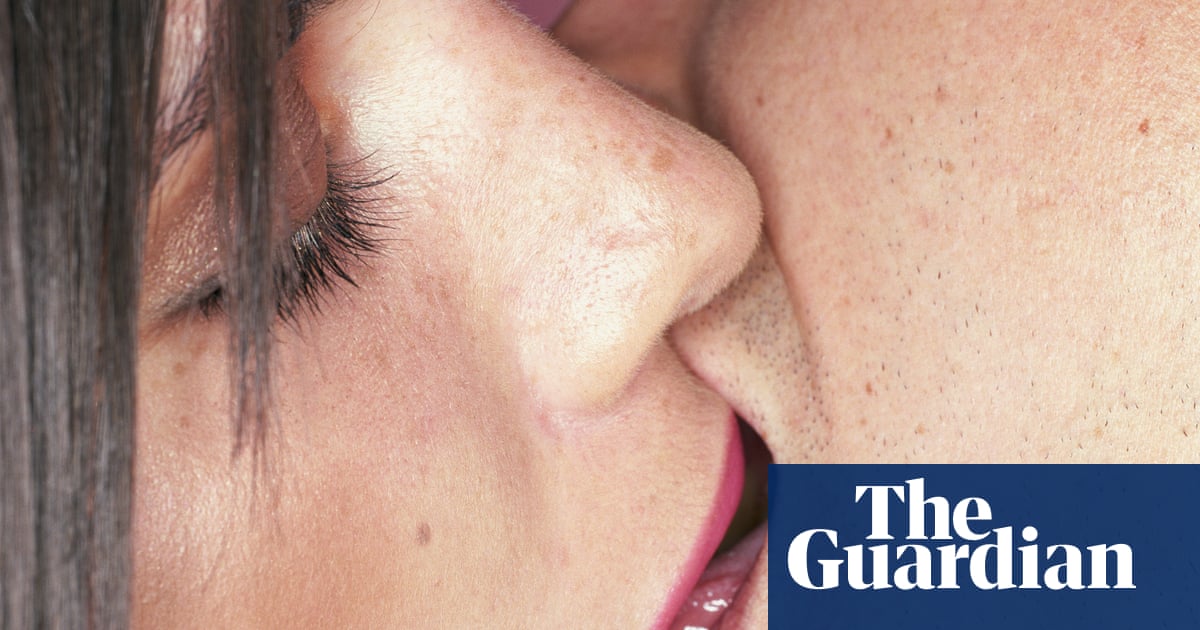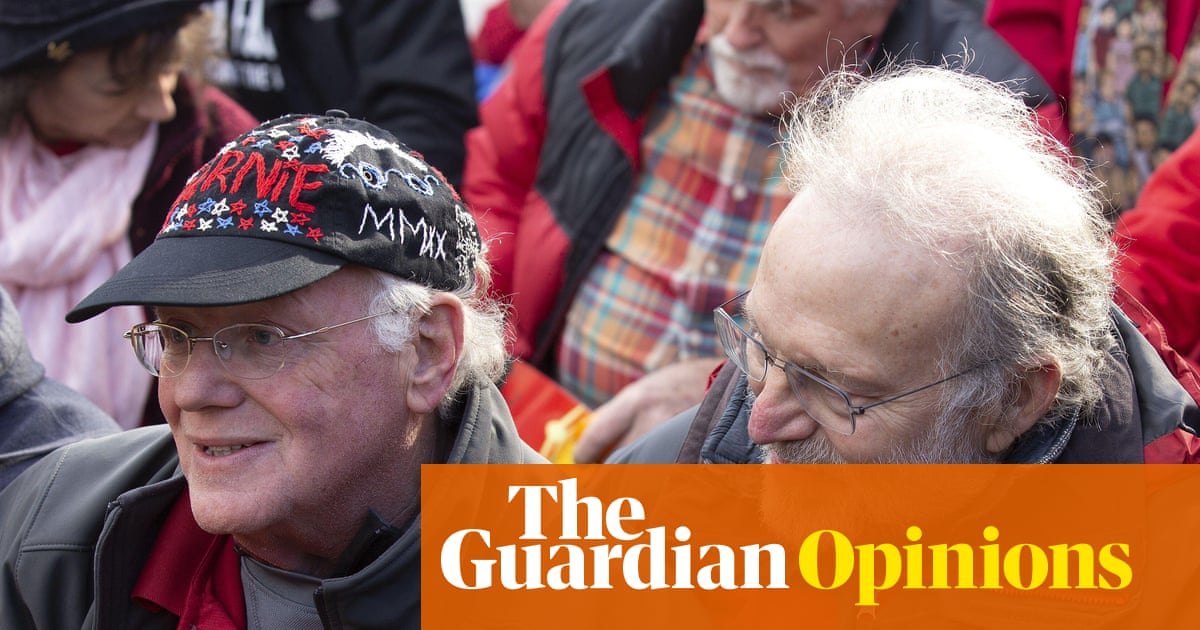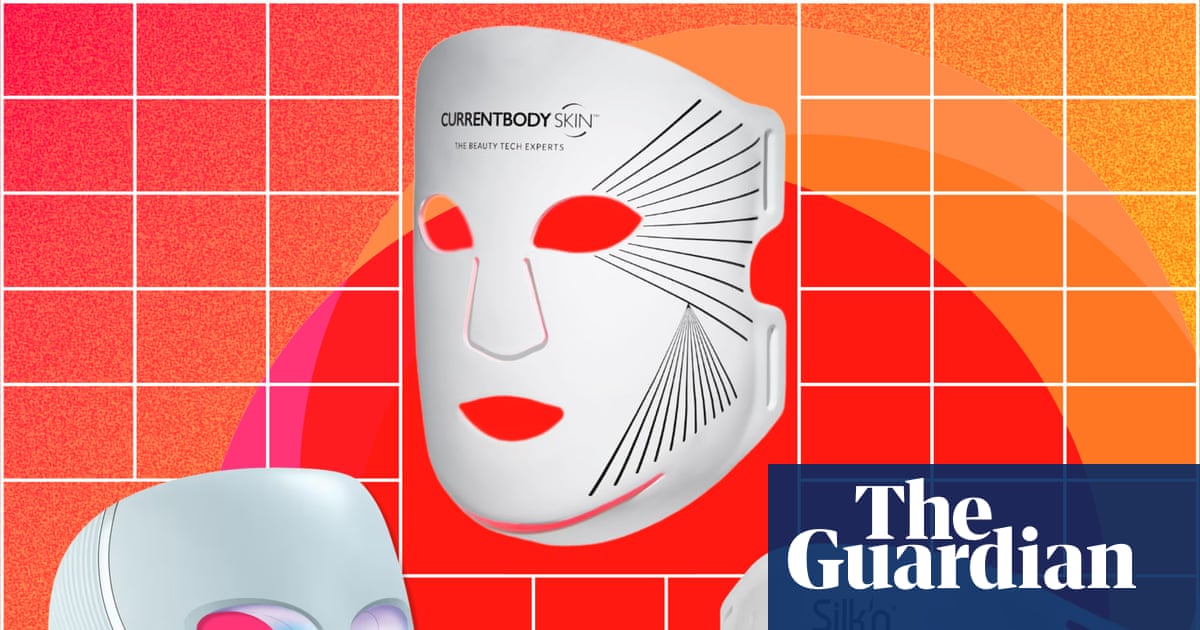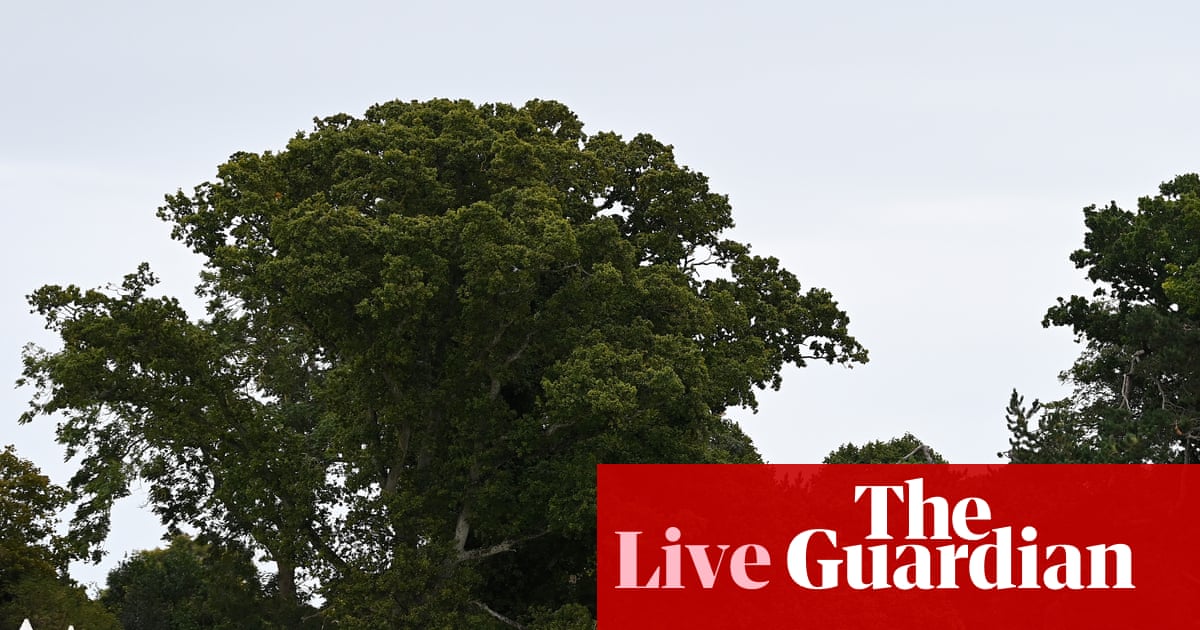A senior NHS nurse who says he was ordered to remove a background on his video calls that showed a fruit bowl containing a watermelon because it could be perceived as antisemitic has launched legal action against his employer.
Ahmad Baker, who is British-Palestinian and works at Whipps Cross hospital, north London, is one of three medical staff claiming Barts Health NHS trust’s ban on staff displaying symbols perceived as politically or nationally affiliated is disproportionate and discriminatory. Watermelons became symbols of Palestine amid censorship of the Palestinian flag because of its similar colours.
Barts, which runs five London hospitals, introduced the ban in March in its updated uniform and dress code policy, which extends to items on workstations, laptops and iPads, even if staff are working from home and not seeing patients.
The policy says it is in keeping with the trust’s responsibility to be “completely apolitical and non-biased in our care”, but the claimants point to Barts’ support for Ukraine.
Baker said: “As a Palestinian, I should be able to express my identity and solidarity with my people, especially during a humanitarian crisis. Being told that a still-life painting containing a watermelon could be perceived as antisemitic and being threatened with disciplinary action is deeply upsetting.
“I’ve worked for the NHS for over a decade – this is not the inclusivity I thought we stood for.”
Baker, along with Dr Aarash Saleh, a respiratory consultant at Whipps Cross, and Dr Sara Ali, a haematology registrar who previously worked at the Royal London hospital, claim the policy amounts to indirect discrimination under the Equality Act 2010, disproportionately affecting staff who wish to express pro-Palestinian beliefs, particularly considering events in Gaza.
They also say that it say it unlawfully discriminates against them because of their anti-Zionist views, which were found to be a protected belief under the Equality Act by an employment tribunal last year. Baker has also raised separate claims of direct discrimination and harassment.
Ali said: “To suggest that expressing support for the Palestinians who are facing one of the most catastrophic humanitarian crises in recent history is somehow threatening, after the trust had rightly expressed support for Ukraine, is not only manifestly discriminatory but is antithetical to the values of universal empathy and compassion that underpin our practice as healthcare workers.”
A letter before action sent on behalf of the healthcare staff by Liana Wood from the law firm Leigh Day also argues that there was “inappropriate consultation” with a pro-Israel advocacy group, while sidelining internal staff voices.
UK Lawyers for Israel (UKLFI), having complained to the trust about pro-Palestinian symbols worn by staff, published an article on its website about the new policy eight days before it was officially implemented.
Saleh said: “It’s especially troubling that UKLFI publicly announced the policy before the trust itself had communicated it to staff – this raises serious concerns about transparency and whose voices were prioritised in the process.”
after newsletter promotion
The medics, who are crowdfunding their legal costs on the CrowdJustice platform, are seeking the removal of key provisions of the policy, a declaration from the employment tribunal that discrimination has taken place, and compensation for injury to feelings they have suffered and continue to suffer as a result of the policy.
Wood said: “Trusts must take care not to impose disproportionate restrictions on expression, especially where those restrictions appear to be targeted at a specific group or belief.”
A spokesperson for Barts said: “We recognise the distress that global conflict has for our diverse workforce and continue to support their wellbeing as they serve our patients. However, as an NHS organisation our primary responsibility is care for patients.”
They said the policy aimed to “uphold political neutrality, creating an inclusive culture at work, and a safe space for patients in their time of need”.

 3 months ago
94
3 months ago
94
